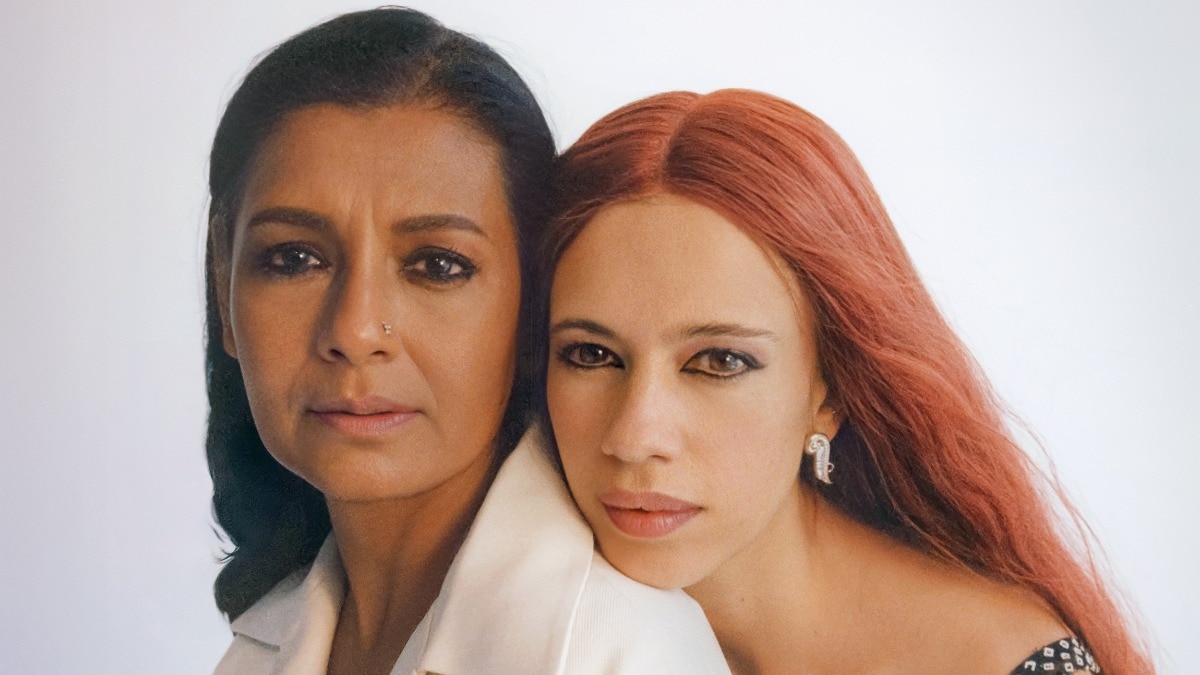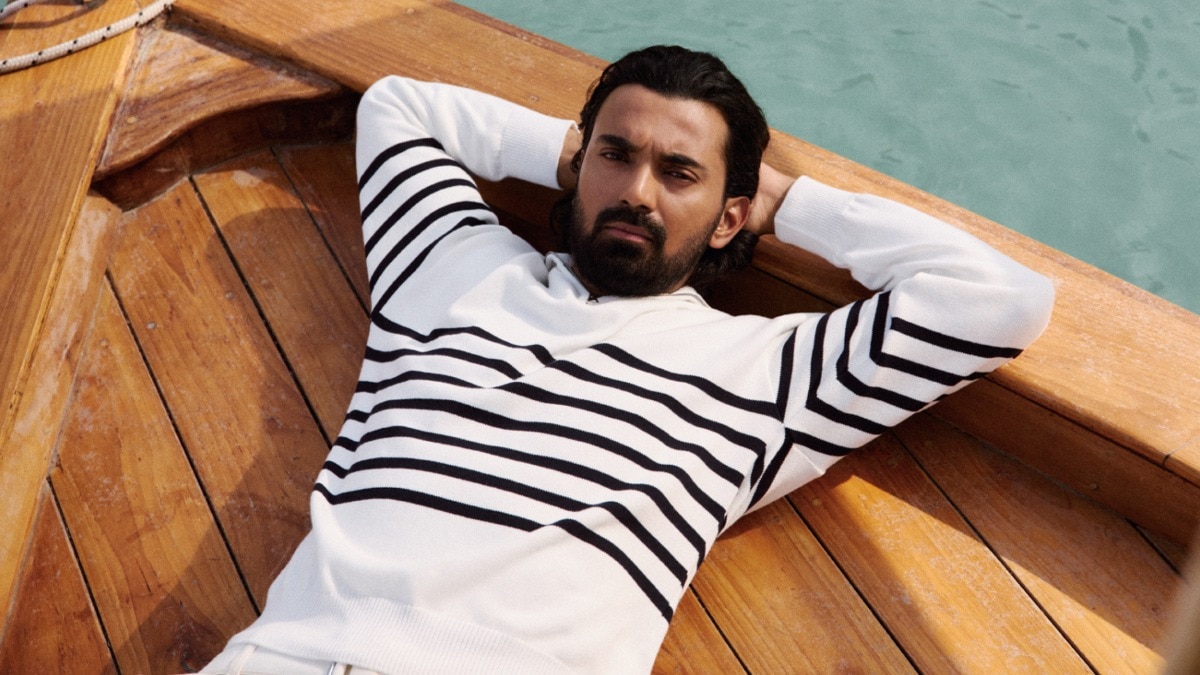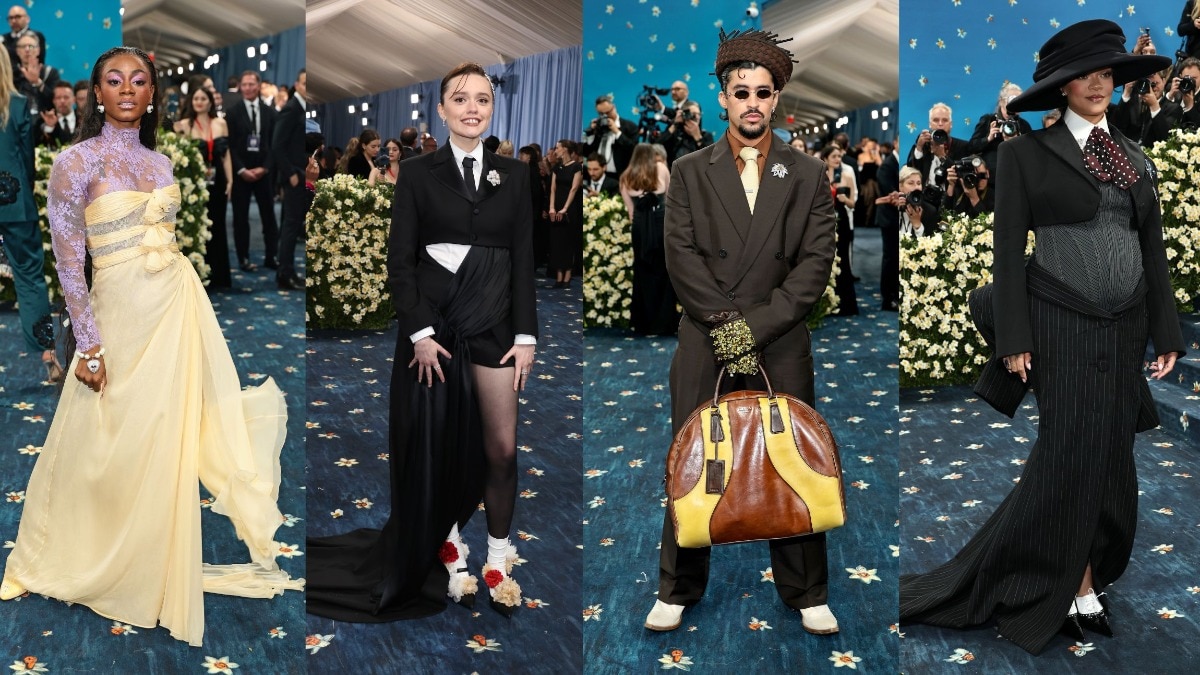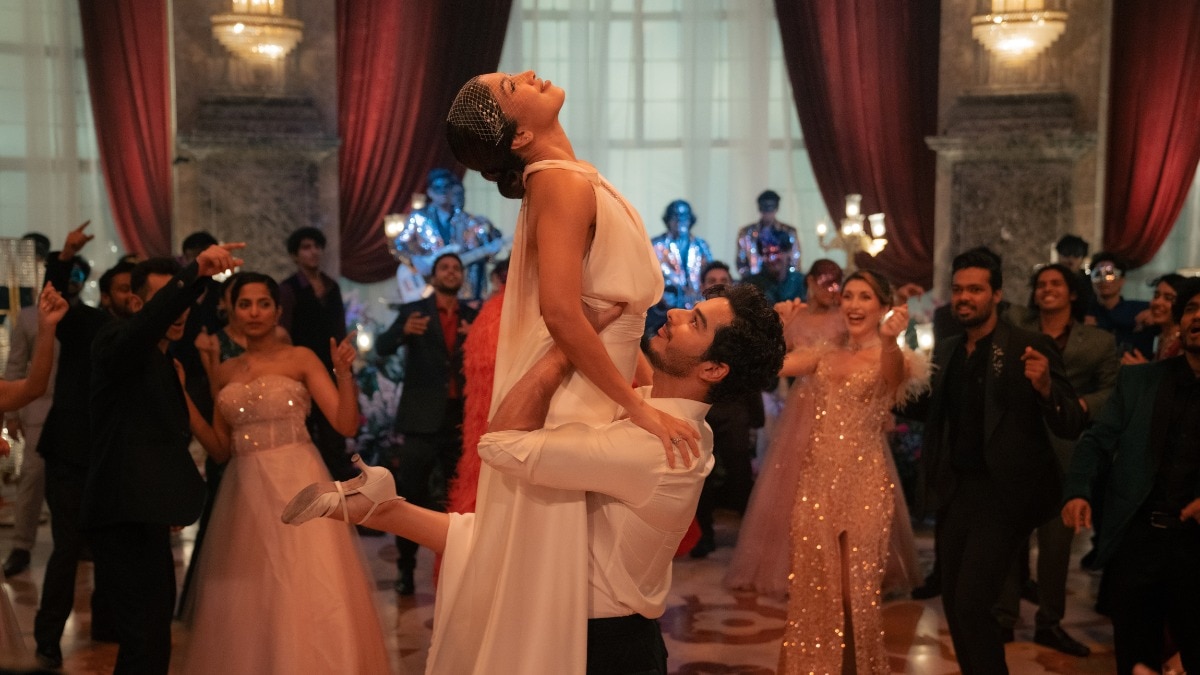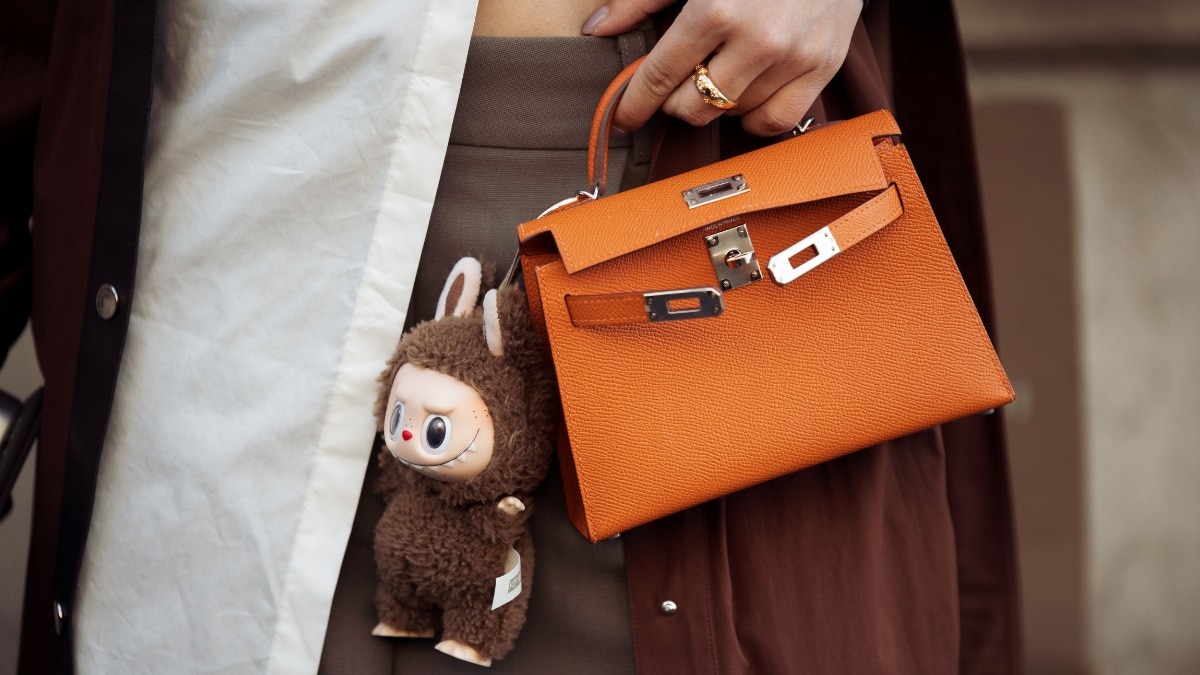Welcome the new superstar—Vijay Deverakonda
After conquered Telugu cinema with his charm and acting prowess, the actor has set his sights high, and he's not stopping until he gets there.


Ambitious, angry, and wonderfully unaware of just how successful (and handsome) he is—actor Vijay Deverakonda is the new heartthrob of Telugu cinema who has risen to overnight stardom with such ease, you’d think he was born to be a star. Which, in his mind, he was...despite a childhood where money was scarce, Vijay let his dreams soar high, and backed them with absolute conviction. “I had not a penny in my pocket, but the confidence of a millionaire,” the Baazar India Man coverstar reveals, as he tells us about his rags-to-riches story with sincerity.
But Vijay’s deep-seated desire for success is coupled with his need to prove himself—through quality work. And the hits he has delivered are growing proof of his ability to relay complex roles, even though the 33-year-old insists on not making any assumptions about himself. In fact, Vijay’s performance as the self-destructive surgeon with anger management issues in Arjun Reddy (2017) won him the Filmfare Award for Best Actor. And despite Liger, which released earlier this year, not casting a similar spell, Vijay has taken aim at the grand prize of superstadom with singular focus and tunnel vision.
In a special conversation with Bazaar India, the man of the moment—Vijay Deverakonda—speaks about life, his views on manhood, what brings him joy, and more...

Nandini Bhalla: What is your current state of mind?
Vijay Deverakonda: “It’s dynamic; the old me is constantly changing and adapting to the new life, new challenges, and new ambitions. My mind is always in search of purpose, excitement, happiness, and satisfaction...to find meaning, to learn, and for a better, simpler way of living.
More recently, I’ve had the luxury of time. I haven’t been shooting for the past four months—my longest time off since I began working five years ago, other than the break due to the pandemic.
During this time, I have revisited a few old habits, such as reading, and I’m thoroughly enjoying it. I’m also inculcating new habits such as fasting cardio, ice baths, and journalling my thoughts on paper. I’ve used this time to fix my back, and am looking forward to pushing the limits.”
NB: You come across as quiet...even a bit reserved. Would you say that is a true assessment?
VD: “Yes, it is. I am as private as the public life allows me to be. That said, I certainly enjoy being the apple of everyone’s eyes—sharing memories, hugs, and smiles with one and all. However, I do crave my time away from the limelight...it’s a non-negotiable necessity.”
NB: Tell us about your childhood...
VD: “As a young man, I was barely educated. But I was a magazine and novel reading dreamer who dreamt beyond his means. My mother was married at 18 and had me at 19, and she stopped her education while in college. She took tuitions for first and second graders, and made ₹200 rupees a month—₹400 during good months—to keep the stove on and milk packets coming in for my younger brother and myself. She went on to become the headmistress of a school, out of love for the kids and the need to survive. By the time I was in my 20s, she had begun her entrepreneurial journey by establishing her own training institute.
The day I made money, I put an end to the struggle. It was time for them (my parents) to sit back and enjoy the ride. I was born to two fighters, survivors, and dreamers... I inherited my father’s brashness and practicality, and my mother’s innocence.”

NB: Tell us more about your boarding school days...
VD: “At the age of six, I was enrolled at Sri Sathya Sai Primary School, an ashram-cum-boarding school in a small village called Puttaparthi.
The schooling was free—all we could afford as a family, back then—and the quality of education was terrific. Even today, I am grateful that my parents took this decision. While it was heartbreaking for them at the time, and I’d cry my lungs out missing them terribly, I made some friends for life. Boarding school taught me how to deal with my own sh*t, in the absence of mum and dad. You sort your own clothes, your desk, your bed, and your issues. You share with your parents the good, and handle the bad by yourself.
I spent 10 long years there...it taught me how to survive—a skill that came in handy when I arrived in the city to become an actor. It made me the man I am today.”
NB: And what are your earliest memories of cinema?
VD: “Back in school, we were shown one film per month, every Sunday... I was transported to another world and back each time.”
NB: In a previous interview you had said, “My dad taught me that love is bullsh*t, and that money is the centre of this world”. Do explain that some more...
VD: “My father is a brash, cold, realist; he sees the world for what it is. ‘Dhanam Moolam Idam Jagath’, you’d often hear him say, which loosely translates to, ‘Money is the centre of this world, and everything else surrounds it, like respect, love, comfort, peace, and happiness’.
I do not disagree with him, I just believe in myself more than money. Naive, perhaps, but I trust that the money will come—it’s important for me to live the dreams...dream first, money later.”

NB: What is your relationship with money and success?
VD: “I flirt with both of them. I am attracted to both and desire both, but I am reckless, and my appetite for risk is huge. I chase the big moments and memories, so it’s always hide-and-seek with success and money—they come, they go. I am blessed with more than I could ever dream of, but does that mean I’m not hungry for more? I certainly am.”
NB: In your films, you often play the angry, young man. In real life, what makes you angry?
VD: “There is an internal anger that introverts possess. It has just become my go-to emotion to deal with life, the unfair playground that it is—to grab my share in this world, whatever I feel is rightfully mine.”
NB: In your roles, you often play the archetype of the masculine man... Who are the strongest women in your life?
VD: “I am not aware of the archetype, but the most masculine men are always surrounded by the strongest women. I have a very strong relationship with the women in my life, and all of them have played a significant role in my upbringing.
My mother, my grandmother, and all the teachers growing up in boarding school were women who played a major part in making me the man I am today. I’ve been lucky when it comes to women, with the few relationships I’ve been in. I have been blessed with immense love and strength.”

NB: And what brings you joy?
VD: “Watching talented people, being on a movie set, listening to music, enjoying good food and good conversations, loving others and being loved, secure relationships, riding a horse, hugging my dog, travelling, art, and so much more. Life is good...it’s beautiful.”
NB: What is your definition of masculinity?
VD: “Masculinity is to know who you are, to be yourself, and not care.”
NB: How do you view the fame and popularity that surrounds you today?
VD: “It is a blessing...and a lot of work.”
NB: What are your plans for the future?
VD: “Great cinema, great relationships, and great food and travel. I’m looking forward to new experiences—be it good or bad.”
NB: And what are your hopes for the future?
VD: “Health, happiness, and money.”
Credits
Photographs by Arjun Mark, Styling by Yashima Babbar
Make-Up: Saher Gandhi at Faze Management. Hair: Hakim Ali Team. Production: P Productions.

